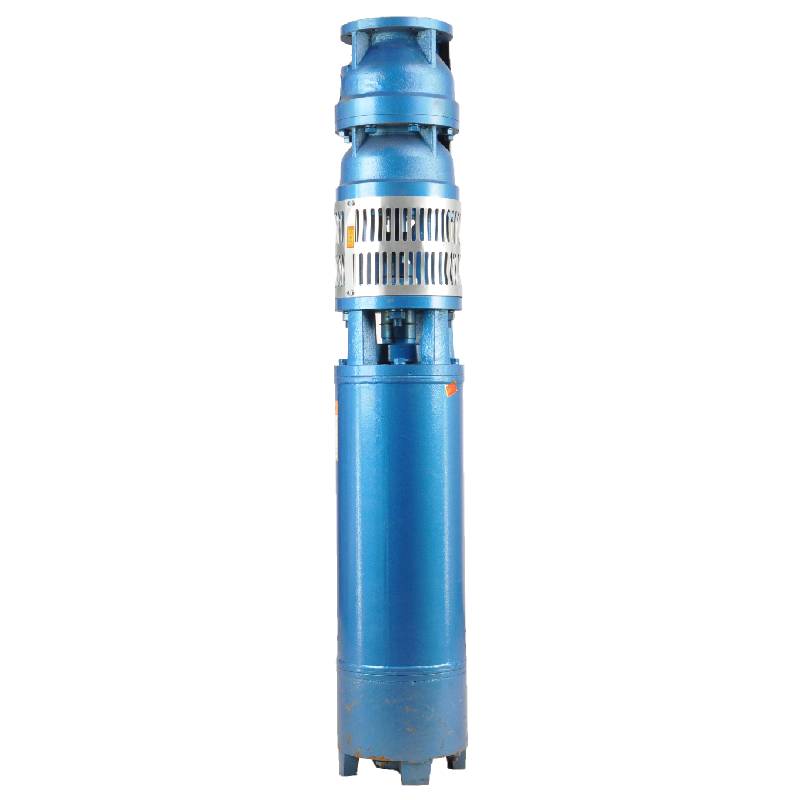Aug . 19, 2024 01:00 Back to list
Advanced DC Deep Well Pump Solutions for Efficient Water Extraction and Management
The Advantages and Applications of DC Deep Well Pumps
In recent years, the demand for efficient water extraction methods has grown significantly, particularly in agricultural, industrial, and domestic applications. One notable innovation in this field is the DC deep well pump, which offers numerous advantages over traditional pumping systems. Utilizing direct current (DC), these pumps are widely recognized for their energy efficiency, versatility, and reliability.
Energy Efficiency
One of the standout features of DC deep well pumps is their energy efficiency. Unlike conventional AC pumps, which often require more energy and can lead to higher electricity bills, DC pumps are designed to operate at lower voltages. This allows them to consume less power, making them an economical choice for users who need consistent water supply without incurring excessive operational costs. Furthermore, advancements in solar technology have made it possible to power DC deep well pumps using renewable energy sources, further reducing their environmental impact.
Versatility in Application
DC deep well pumps are renowned for their versatility and adaptability in various applications. They are ideal for deep well water extraction in agricultural settings, where they can provide irrigation for crops, thereby enhancing agricultural productivity. In domestic applications, these pumps are used for supplying clean water in remote areas, where access to the electrical grid may be limited or non-existent.
Additionally, their adaptability makes them suitable for various geological conditions. Whether the ground is sandy, rocky, or clayey, DC deep well pumps can efficiently extract water, making them a favored choice for well-drilling contractors and builders.
dc deep well pump

Reliability and Durability
Reliability is another critical aspect of DC deep well pumps. These pumps are built with durable materials that can withstand harsh environmental conditions, ensuring long-lasting performance. Moreover, their design minimizes the risk of mechanical failure, which is crucial for applications that require constant water supply.
The ability to remotely monitor and control DC pumps adds another layer of reliability. Many modern systems come equipped with smart technology that allows users to monitor performance, water levels, and energy consumption in real-time. This technological integration helps in preemptively addressing potential issues, thereby reducing downtime and maintenance costs.
Installation and Maintenance
Installing a DC deep well pump is generally simpler than setting up traditional pumps, as they usually come with comprehensive instructional guides. Moreover, the maintenance requirements for these pumps are typically lower, contributing to their overall cost-effectiveness. Users can often perform routine checks and maintenance without needing specialized training, which further enhances their accessibility.
Conclusion
In conclusion, DC deep well pumps represent a significant advancement in water extraction technology. Their energy efficiency, versatility in application, reliability, and ease of installation and maintenance make them an attractive option for various sectors, including agriculture, domestic use, and industrial applications. As the world continues to shift towards sustainable practices and the efficient use of resources, the adoption of DC deep well pumps is likely to increase. They not only provide a solution to water supply challenges but also align with the growing emphasis on reducing environmental impact. Whether for agricultural irrigation, household water supply, or industrial usage, DC deep well pumps stand out as a reliable and efficient choice in today’s water management landscape.
-
Submersible Water Pump: The Efficient 'Power Pioneer' of the Underwater World
NewsJul.01,2025
-
Submersible Pond Pump: The Hidden Guardian of Water Landscape Ecology
NewsJul.01,2025
-
Stainless Well Pump: A Reliable and Durable Pumping Main Force
NewsJul.01,2025
-
Stainless Steel Submersible Pump: An Efficient and Versatile Tool for Underwater Operations
NewsJul.01,2025
-
Deep Well Submersible Pump: An Efficient 'Sucker' of Groundwater Sources
NewsJul.01,2025
-
Deep Water Well Pump: An Efficient 'Sucker' of Groundwater Sources
NewsJul.01,2025
-
 Submersible Water Pump: The Efficient 'Power Pioneer' of the Underwater WorldIn the field of hydraulic equipment, the Submersible Water Pump has become the core equipment for underwater operations and water resource transportation due to its unique design and excellent performance.Detail
Submersible Water Pump: The Efficient 'Power Pioneer' of the Underwater WorldIn the field of hydraulic equipment, the Submersible Water Pump has become the core equipment for underwater operations and water resource transportation due to its unique design and excellent performance.Detail -
 Submersible Pond Pump: The Hidden Guardian of Water Landscape EcologyIn courtyard landscapes, ecological ponds, and even small-scale water conservancy projects, there is a silent yet indispensable equipment - the Submersible Pond Pump.Detail
Submersible Pond Pump: The Hidden Guardian of Water Landscape EcologyIn courtyard landscapes, ecological ponds, and even small-scale water conservancy projects, there is a silent yet indispensable equipment - the Submersible Pond Pump.Detail -
 Stainless Well Pump: A Reliable and Durable Pumping Main ForceIn the field of water resource transportation, Stainless Well Pump has become the core equipment for various pumping scenarios with its excellent performance and reliable quality.Detail
Stainless Well Pump: A Reliable and Durable Pumping Main ForceIn the field of water resource transportation, Stainless Well Pump has become the core equipment for various pumping scenarios with its excellent performance and reliable quality.Detail
